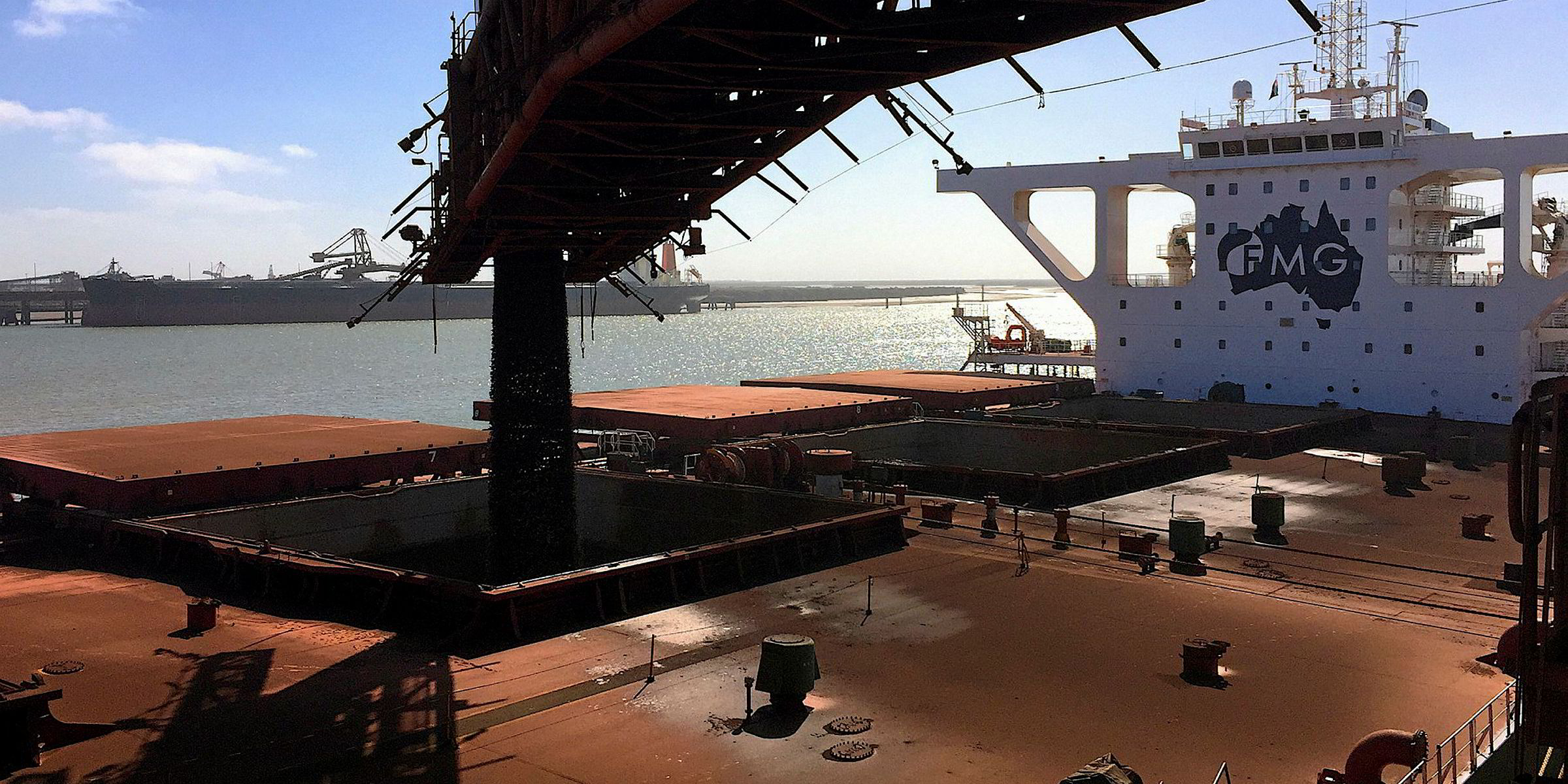Shipowners should already be drawing up detailed plans on how they intend to comply with the upcoming IMO 2020 regulations, according to the authors of the industry’s leading guide on complying with the 0.5% cap on the sulphur content of fuel.
Sunil Krishnakumar and John Bradshaw, who both helped draw up the International Chamber of Shipping (ICS)’s publication Preparing for the 2020 Sulphur Cap, say there is no time to waste and owners should be ordering compliant fuel months ahead of the 1 January 2020 deadline.
“What we have to make clear is that ships should start preparing right now,” ICS senior technical advisor Krishnakumar says. "Ships should be in a position to start contacting bunker suppliers to make sure fuel is available and ordering at least six months ahead.”
Krishnakumar is also advising owners to rigorously document their compliance strategy so that if there is a problem come 1 January, shipowners can demonstrate to the inspecting authorities that they made their best efforts to comply.
Little leeway expected
“An implementation plan would help prove that a ship has taken all the steps to prepare," Krishnakumar says. "We don’t expect any leeway from port state control so not only do you need to make sure you do your preparation, but also that it is documented, and hope PSC takes a pragmatic approach.”
However, he also stresses that any 2020 implementation plan should not be used to avoid compliance with the regulation.
Bradshaw, a technical director at the ICS, recommends owners start seeking technical advice from engine manufacturers sooner rather than later. One example he uses is ships that have been burning heavy fuel oil could run into technical problems when they switch to marine gas oil.

There are also safety issues associated with new blended, low-sulphur fuels that will come onto the market and are expected to be the main compliance strategy in shipping.
Bradshaw says there are a lot of unknowns about this new generation of fuels, which are making owners nervous.
Currently, through the fuel oil non-availability report, shipowners that have been unable to purchase compliant fuel should be able to demonstrate to PSC that they made their best efforts to secure it and avoid a penalty.
But it is not yet clear how the authorities will view owners that have not purchased fuel because they believed it could be unsafe or incompatible with bunkers already onboard.
Mixing concerns
Although shipping has been using blended fuel for decades, the main issue is whether different low-sulphur fuels purchased in different parts of the world will mix in the same tank. This is a particular problem for bulkers, which generally have only two fuel service tanks and mix fuels regularly.
“The biggest concern is the compatibility of blended fuels because, at the moment, there are no tools available to test the compatibility because it’s not part of the ISO standard,” Bradshaw says.
“The second concern is stability and homogeneity. If you blend distillate with heavy fuel oil, it could stratify in the tank so you end up with 100 tonnes of heavy fuel oil at one end and 100 tonnes of distillate at the other.
One of the first things an owner must think of is the number of tanks on the ship. Segregation is really important and will be even more important after 2020
“One of the first things an owner must think of is the number of tanks on the ship. Segregation is really important and will be even more important after 2020.”
A critical problem is that the new blended, low-sulphur fuels will not only be made up of a different composition but also be sourced from refineries that have not supplied shipping before.
New refinery streams
“There are a huge number of ways to blend low-sulphur fuel oil and what we expect is that new refinery streams that aren’t currently part of the marine landscape will start to supply the industry,” Bradshaw says.
He adds that the ICS wants the IMO to begin studying the fuel issues associated with 2020 to help smooth over the compliance. With better understanding by inspecting authorities on quality and availability of fuel, he also thinks that the teething problems expected in the 2020 transition should not result in owners being fined.
“With a transition of this magnitude, there will be the occasional bump in the road. We just want PSC to be reasonable when the problems are beyond the owner's control and where the ship makes every effort to be compliant by January 2020,” he says. “Our owners don’t control the supply of fuel, so we need some flexibility but reasonableness.”






